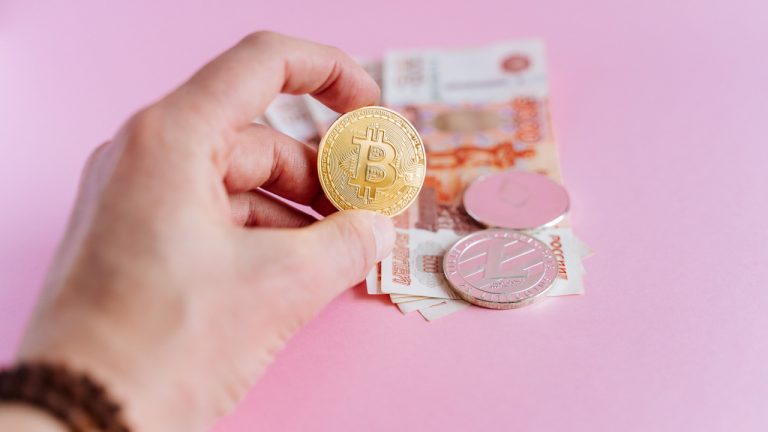
Just days after buying $21 million of Coinbase shares, ARK Invest CEO Cathie Wood has added another $19.9 million in Block Inc. shares across its ETFs.
ARK Invest CEO Cathie Wood doesn’t appear to have been swayed by recent crypto regulatory action, buying another $19.9 million shares of Block Inc. right after buying $21 million in Coinbase stock.
Wood’s latest buying spree comes despite the United States Securities and Exchange Commission this week suing two of the industry’s exchange heavyweights, Binance and Coinbase, for offering what the regulator considers to be unregistered securities, among other things.
Coinbase's share price has been depressed in the days following the SEC lawsuit, however, Block Inc.'s shares saw a sharp rise in that same time period.
ARK Invest’s 305,573 new shares of Block came across six buys between June 7-8, which now represents ARK’s fourth largest holding at 4.81%, according to ARK Invest Daily Trades.
Of the new shares, 240,174 were added to its ARK Innovation (ARKK) ETF, 39,099 shares to ARK Next Generation Internet (ARKW) and the remaining 26,300 shares to ARK Fintech Innovation (ARKF).
As for Coinbase, ARK Invest bought 419,324 shares — worth about $21.6 million — across three buys on June 6, which came in the midst of COIN plummeting nearly 20% overnight on June 5.
While many consider the lawsuits to have harmed the crypto firms, Wood recently told Bloomberg that the tougher charges laid against Binance may eventually work in Coinbase’s favor:
“We have Binance under increasing regulatory scrutiny for more criminal activities, fraud being one of them, therefore we have the competition for Coinbase disappearing, so that’s a good thing longer term for Coinbase.”
Coinbase is now ARK Invest’s seventh largest holding at 4.39%, with its total of 11,440 COIN shares spread across its ARKF, ARKK and ARKW ETFs, according to Cathie’s ARK, a website devoted to tracking her portfolio.
Since Q1, ARK Invest has increased the number of COIN shares by 8.2% — which comes on the back of 20.2% and 25.2% increases in Q4 2022 and Q1 this year, according to the website.
Because of regulatory uncertainty, innovation seems to be leaving the US for more friendly regimes. Unfortunate. I believe it will become an election-year issue. https://t.co/PvqK9W27Fd
— Cathie Wood (@CathieDWood) June 4, 2023
While Wood is becoming increasingly bullish on Coinbase, she believes the SEC’s regulation by enforcement approach has taken a toll on cryptocurrency innovators in the U.S.
Related: Bitcoin, Ether are ‘like gold’ says Cathie Wood, but Ray Dalio is skeptical
The tech-savvy CEO is ultra bullish on Bitcoin (BTC) over the long term too.
In the Bloomberg interview, Wood explained that Bitcoin was built to thrive during times of market turbulence and regulatory uncertainty:
“Why would Bitcoin do well in that circumstance? It will do well because it’s an antidote to counterparty risk in the traditional financial system.”
In April 2022, Wood predicted that Bitcoin would reach $1 million by 2030.
Magazine: Hall of Flame: William Clemente III tips Bitcoin will hit six figures toward end of 2024




